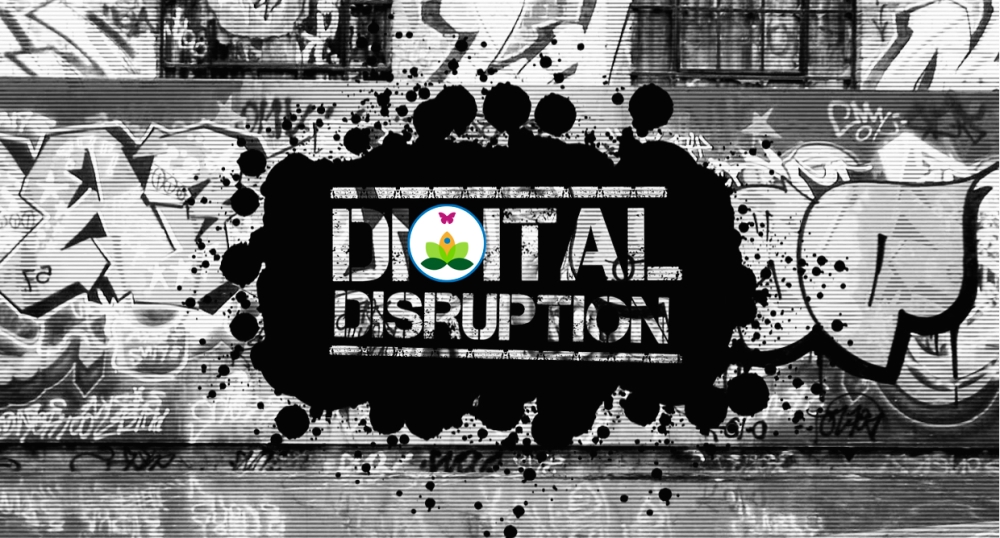“COGNITIVE RE-IMAGINATION” OF THE ENTERPRISE
Many people who use SwiftKey (http://swiftkey.com/en/) on their Android/iPhone smartphones love the simplicity and power of this smart keyboard. As you type it predicts what you may type next. Type “How” , it predicts “are”, and then “you”, “doing”, “today”..so you can form a full sentence “how are you doing today” based on predictive power of SwiftKey. It also learns each users typing behaviour( for example frequently used names, numbers, email ids etc) and improves itself. The 2 technologies powering this cool app are : Artificial Intelligence (AI) & NLP (Natural Language Processing).
John McCarthy describes AI as “science and engineering of making intelligent machines”. Machine learning(ML) is central to AI. Machine Learning algorithms iteratively learn from data by crystallizing their experience into models. The are designed to act from the data learned, and its generalisations rather than a specific set of instructions. The field of NLP focusses on human computer interaction, specifically around understanding of natural language, analysis, interpretation and output generation.
There have been interesting debates and point of views (from evangelists like Bill gates, Stephen Hawking, Elon Musk etc) on the risks/threats from Advanced AI/Super intelligence to humanity/human existence which i think are indeed valid questions all of us need to be concerned about. How we manage the evolution becomes super critical.
That having said, industry has started looking to apply AI-ML (aka cognitive/neural techniques) in enterprise scenarios (possibly inspired by consumer examples such as deepblue, jeopardy, siri, cortona which have used elements of AI, NLP technologies etc). How can we re-imagine the enterprise now powered with maturing cognitive capabilities. Some of the potential usecases include:
1.Business processes (front office / back office) – e.g. “customer service” powered by smart bots and virtual agents that can prevent issues, auto resolve customer problems & enable conversations in natural language. Similarly, “claim adjudication process” that can be automated by a intelligent algorithm as it learns from vast amount of data available in past claims adjudicated, and enables right decisions with high levels of confidence. Another great example is “personalised product recommendations” like the ones implemented by Netflix.
2.Knowledge processes – e.g credit risk analysis which can be powered by confidence scores computed from a cognitive engine. Another example : engines that can ingest & digest organisation knowledge and provide contextual answers for employees/customers/partners.
3. Enterprise security : cyber security – which has traditionally been enabled by rule driven systems, is now getting re-imagined with power of “pattern recognition” and “computational learning theory” under the realm of AI. The availability of vast amount of data, knowledge representation of the security domain, machine learning algorithms, statistical techniques makes it a compelling usecase to create value. Mobile IPS (Intrusion Prevention Systems) is another realm that can be re-imagined powered by Cognitive/AI-ML capabilities.
4. IT Operations : Significant parts of IT operations can be automated & made smarter by leveraging cognitive capabilities. “Predict- Auto fix – Prevent-Eliminate” issues philosophy can be realised in data center, service desk as well end user computing scenarios.
5. Internet of Things (IoT): As business adopt IOT, Cognitive capabilities can be leveraged to predict equipment failures & thereby prevent production downtimes, improve industrial safety etc.
While the realm of “super intelligence” poses existential & ethical dilemma, we can apply AI/Cognitive/Neural techniques to re-imagine enterprise processes, systems and create significant value for the industry.
PS. if you are excited about AI space, watch the latest AI movie “Ex Machina” which tells the story of a young programmer who is selected to participate in a breakthrough experiment in artificial intelligence by evaluating the “human qualities of a breathtaking female A.I”.






